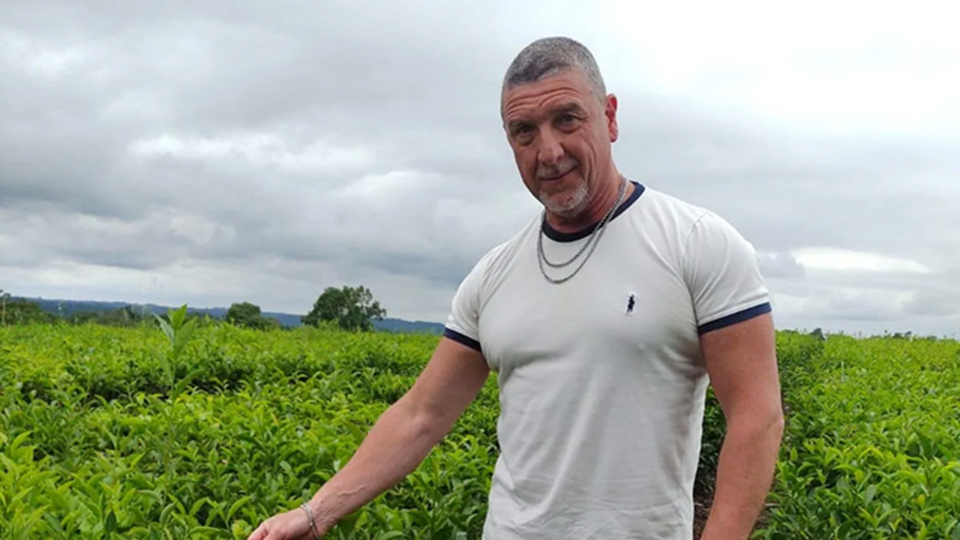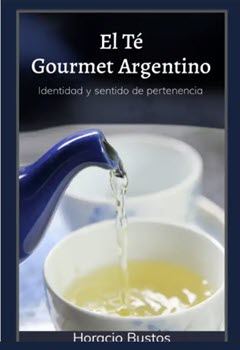
The author of El Té Gourmet Argentino in July 2023 released an English-language version of the book, an exhaustive analysis of the origin, customs, and practices of gourmet tea in Argentina.
The work profiles all of the country’s major tea suppliers and brands. Author Horacio Bustos, a professional water taster and CEBA-certified sommelier who studied Anthropology, says he spent ten years researching the book, which he describes as “a historical tour documenting the amalgamation of perceptions, desires, needs, and links that gourmet tea consumers are building from shared daily experiences and practices.”
The protagonists are gourmet tea producers who produce these types of tea, as well as those investigating the improvement of the plant, he said. The Spanish language edition debuted at ExpoTé in May. Bustos, who founded the Gyokuro Tea Academy and trained in Sensory Analysis at the Faculty of Pharmacy and Biochemistry at UBA, is the author of “An Initiation Journey with Tea.”
“It is an honor to precisely coincide with this date of the centenary of tea in the country and with respect to what has been happening in Argentina in 100 years, there is still a long way to go because Argentina is not an ancient country like the countries of origin. The evolution that the tea is taking in these years is fabulous, so it is an honor to contribute and also to be able to be in Misiones to be able to share it with all the people who are in the world of tea”
– Horacio Bustos, on the occasion of the 100th Anniversary of the plantiong of tea in Argentina

Dr. Analia Yamaguchi writes that El Te Gourmet Argentio “begins with the history of tea worldwide and reaches Argentina. It tells a little about the history of Argentina and what the plant is and begins with the research work hypotheses.”
Yamaguchi adds that Bustos investigates this group of consumers over time and finds that they have an identity and a sense of belonging and consume tea differently with respect to other people. He then analyzes these new groups, how they are linked with the producers, and how the producers begin to change their customs by opening factories and companies for these consumers to visit. Therefore, You begin to see a relationship between the consumer and the producer, as was the wine route as it is in Mendoza.
“These consumers come to Misiones wanting to travel, to know more about making their own teas and how INTA is important in improving the plant. So in the book, after all the analysis, research, and hypothesis are done, there is also an analysis of the interviews with both the producers and the consumers, with the people from INTA, and it ends with a conclusion about these new consumers,” writes Yamaguchi.

